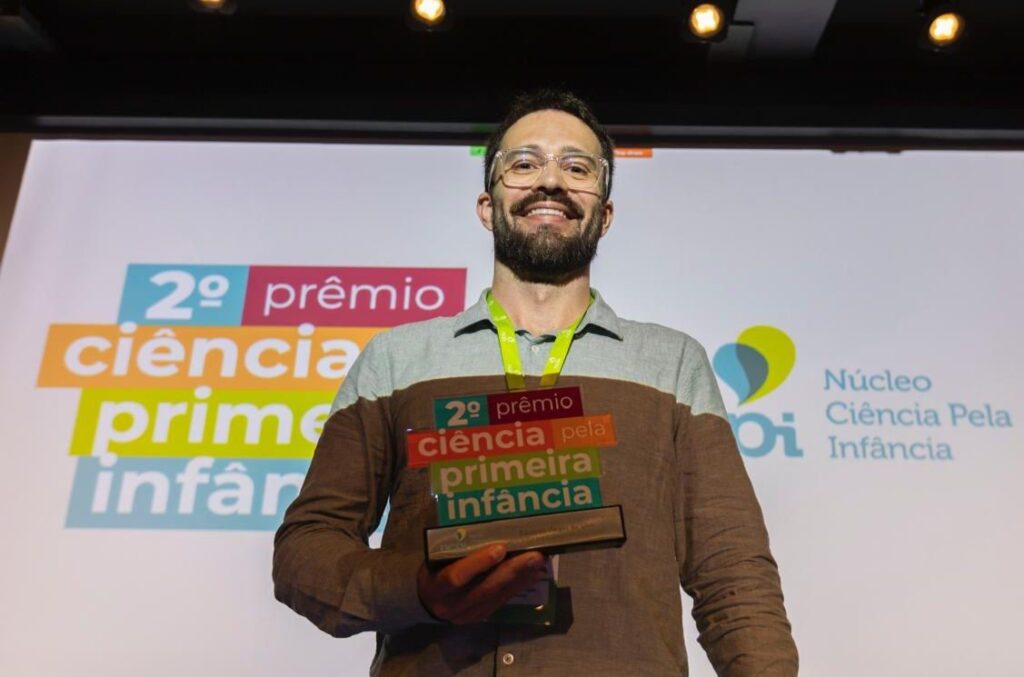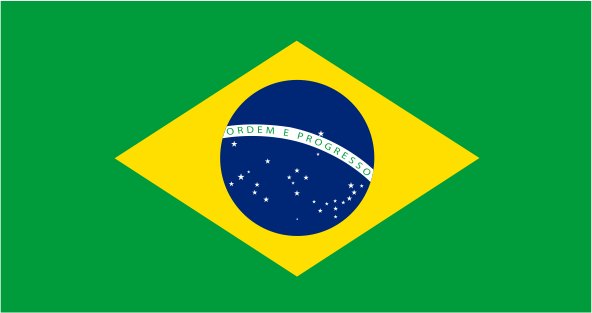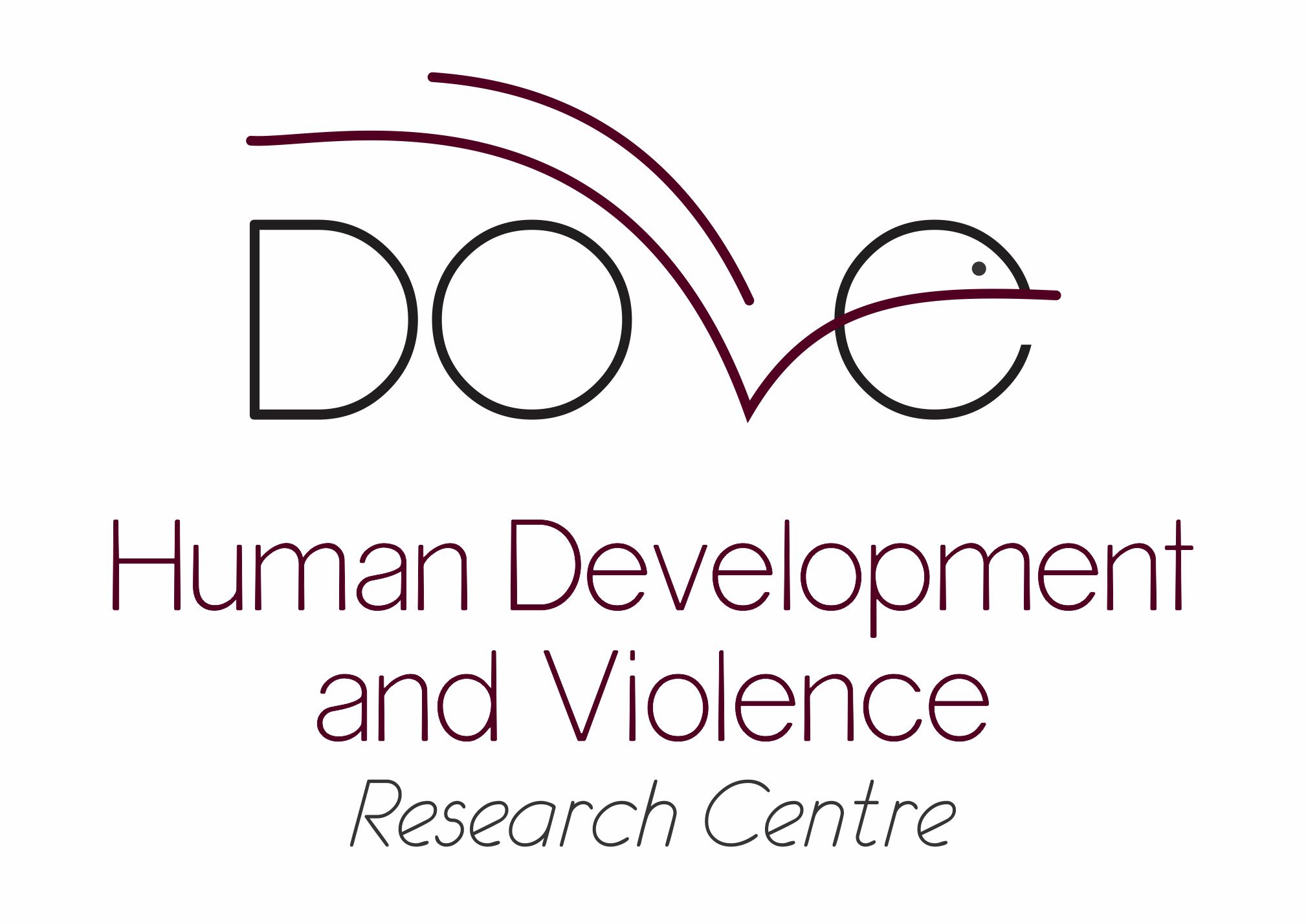DOVE- PPGEPI Research on Home Visiting Programme Wins Early Childhood Science Award
Eduardo Viegas da Silva has won the national ‘Prêmio Ciência pela Primeira Infância’ (Early Childhood Science Award), for his doctoral work on the PIM early home visiting programme for child development, conducted at the Post-Graduate Programme in Epidemiology, and the Human Development and Violence Research Centre (DOVE), at the Federal University of Pelotas (UFPel).
Selected from over 150 submissions, Viegas da Silva’s study evaluated the influence of the ‘Primeira Infância Melhor’ (PIM) programme on the socio-cognitive development of vulnerable children in Rio Grande do Sul, Brazil. The findings revealed significant developmental benefits when the intervention was initiated during the gestational period, emphasising the importance of initiating family involvement with the PIM programme during pregnancy to maximise developmental gains.
The PIM programme, operating in Rio Grande do Sul since 2003, has reached more than 250,000 families. It is centred around regular home visits to support early child development from early pregnancy until six years of age. Viegas da Silva’s research underscores the programme’s potential to reduce inequalities in child development.

Viegas da Silva’s PhD research, including an article published in BMJ Global Health, was based on a study following 1,200 children from gestation to four years of age. Using a robust comparative framework to isolate the effects of PIM, considering 27 other influencing factors, the study demonstrated a 60% reduction in poor development among children whose mothers enrolled in the PIM programme as part of their prenatal care, underscoring its potential to address early childhood inequalities and break the cycle of generational poverty.
Not only does the recognition of this prize point to the quality and relevance of the PhD thesis, but it reinforces the essential role of such studies in informing and improving public policies. His findings highlight the need for enhancements to the implementation of such programmes in order to optimise their effects among the most vulnerable families.
Viegas da Silva commented, “This study demonstrates the importance of supporting families during one of the most critical periods of a child’s growth. We hope these insights will contribute to refining implementation of the PIM programme and similar interventions globally to provide more effective support to those in need.”
This award reflects an ongoing commitment to integrating science with public policies to foster development and well-being in early childhood, with a reduction in inequalities.


